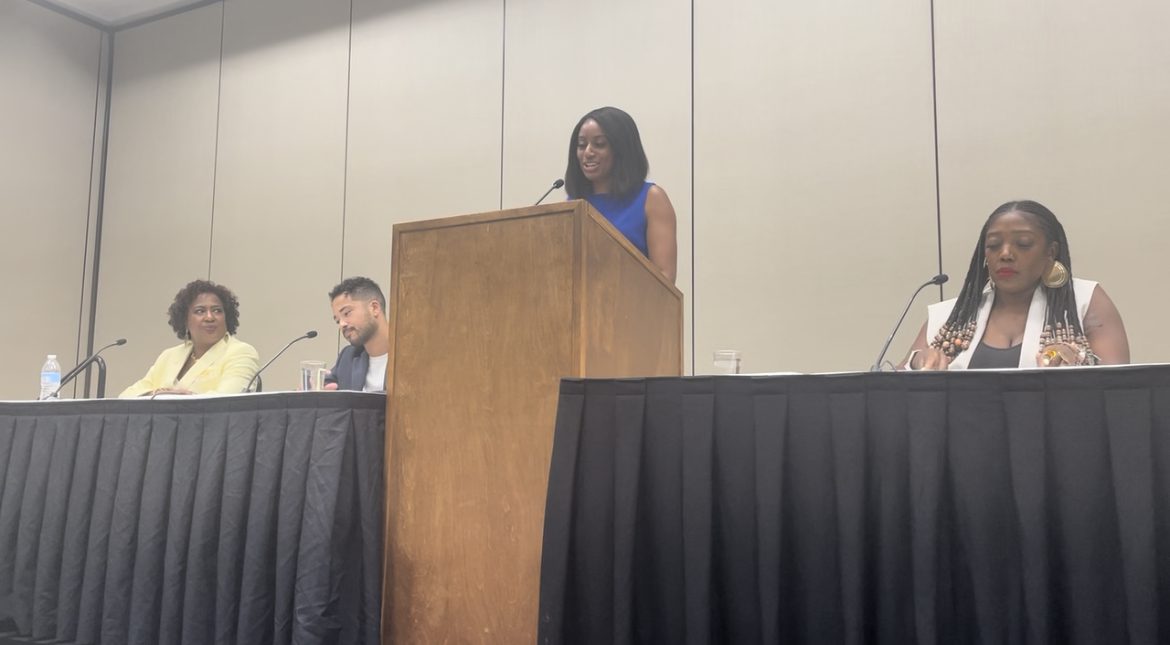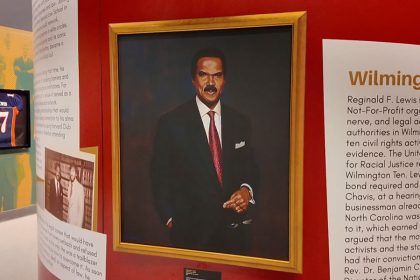
On the ‘A’ w/Souleo…
A discount furniture store now occupies the space where boxing legend, Joe Frazier, trained in Philadelphia. The home of America’s first female self-made millionaire, Madame C.J. Walker is left vulnerable to potential destruction without proper legal protection. Vandalism and physical deterioration now marks the Hinchliffe Stadium where Negro League baseball thrived. But Brent Leggs, senior field officer for the National Trust for Historic Preservation, is determined to return these sites to their former glory.
For Leggs, it is obvious that these sites are significant parts of African American cultural history. But he is also aware that the general public may need some convincing on why historical preservation matters. This is especially true for numerous sites that go unrecognized or are no longer active in underserved communities, where they are often abandoned.
“We are constantly asking, what is the higher purpose for what we do? How can preservation help to improve conditions in a blighted and predominantly diverse community? We know that our responsibility is not just to save buildings but also to save lives,” he said. “These sites should be anchors with a social justice component that addresses contemporary issues.”
To that effect, Leggs’ vision for Joe Frazier’s Gym includes a cultural and educational center that pays tribute to Frazier’s legacy in the local community as a father figure to many. Furthermore, the center may include a health and wellness component inspired by the athleticism of its namesake.
What about the impact of gentrification?
In numerous U.S. cities, gentrification remains controversial with one of its hotly debated issues being the demolition of historic sites for the creation of commercial or residential property. In 2013, graffiti mecca, 5 Pointz, was whitewashed to create luxury condos. According to Leggs such occurrences that take place to smaller, less publicized sites could be avoided with developers becoming educated on the value of preservation and tax incentives.
To read the entire column click here.
















